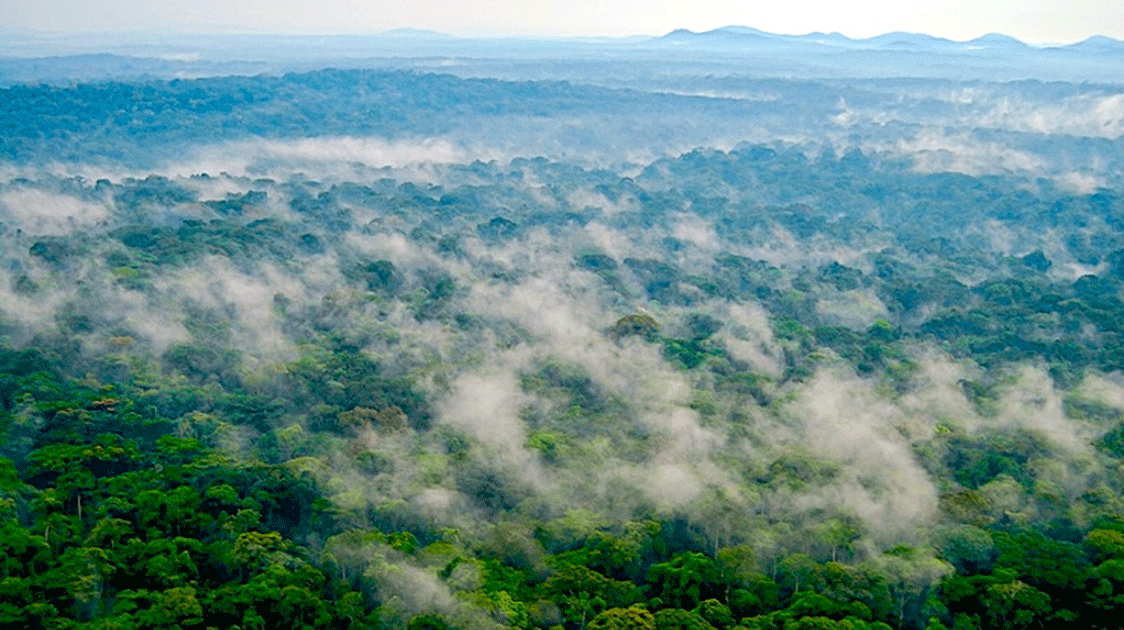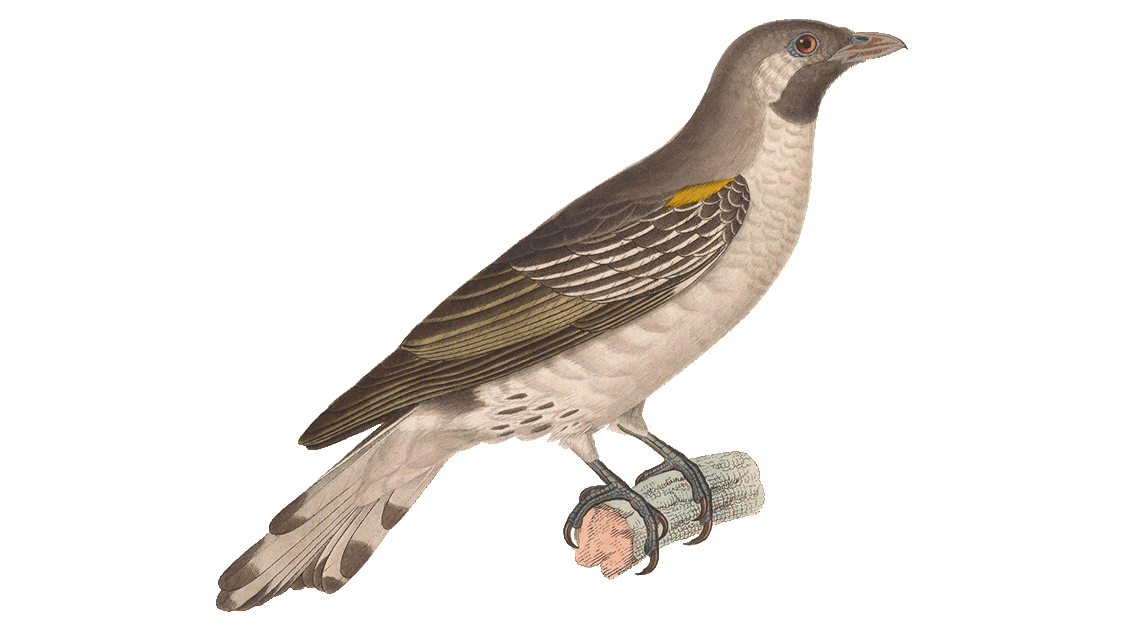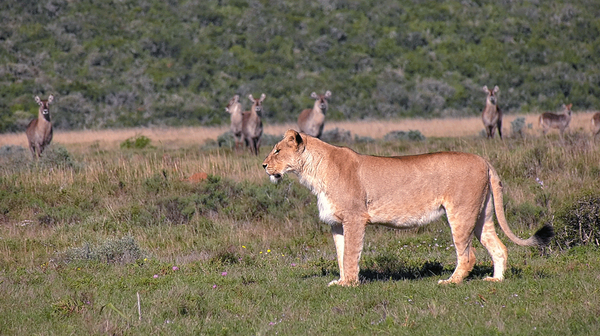PATROL - VOLUME 28

Letting Nature Take its Course (Abrogation of Management)
By Doug Wise
The title is deliberately provocative because most formally protected wildlife areas in Africa adopt a management strategy that relies upon “letting nature take its course”. Why? I suggest that there are essentially two reasons:
1) Most available funding for such areas is now spent on policing (anti-poaching) such that little remains for habitat management.
2) The “protectionists”, who provide much of the funding, dictate policy.
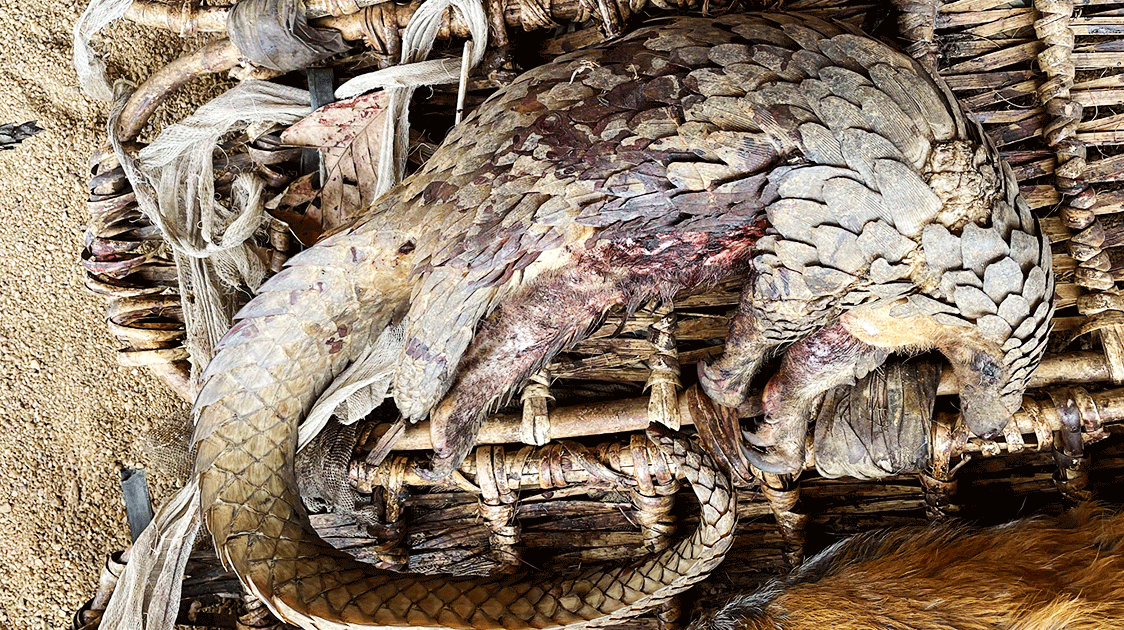
Gallery Forests of Central Cameroon: Protecting Biodiversity
(6-minute Video)
An ecotone is a transition area between two biological communities, where two communities meet and integrate. This term describes the gallery forests along rivers and streams in savanna regions across central Cameroon.
Gallery forests consist of trees and shrubs lining watercourses, providing essential habitats and corridors for wildlife movement.
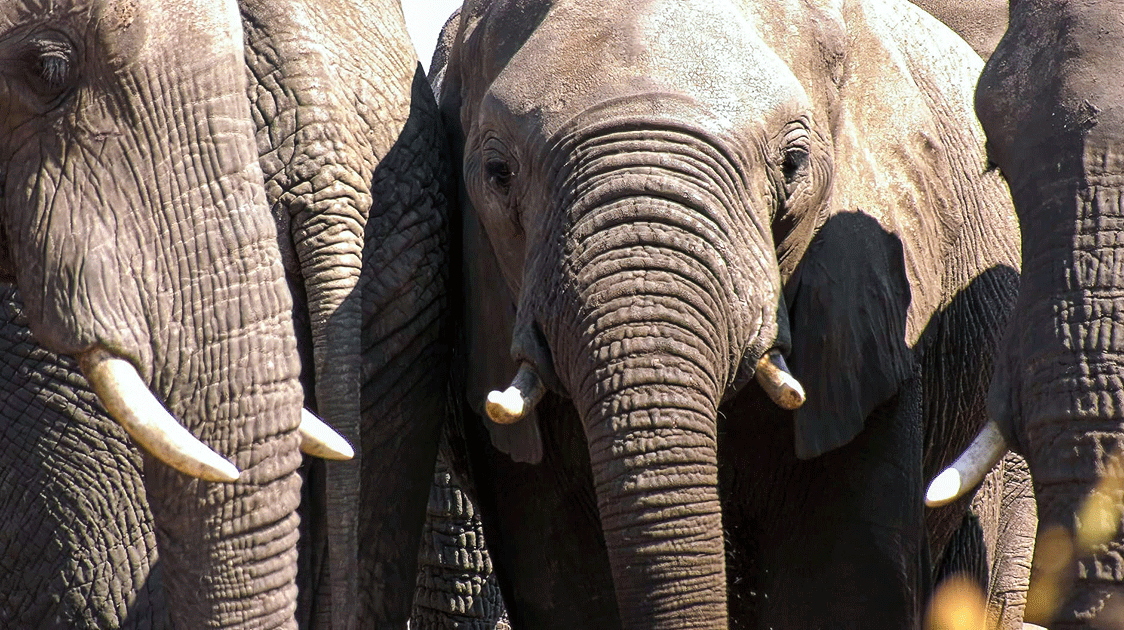
To Census or Not to Census? Part One
By Dr. Salomon Joubert
Censusing of animal populations in medium to large conservation areas plays a crucial role in many of the important management decisions of such reserves. However, to achieve the desired results is a matter often embroiled in controversy. This revolves around the key concepts of accuracy and consistency (precision).
Accuracy implies the ability to achieve a census result that is a true reflection of the number of animals in a population. It is, however, generally and readily accepted that this is an impossible goal due to a plethora of factors, including environmental conditions, habitat preferences (including seasonal variables), social organisation structures and colour patterns that all impact on the visibility and countability of the various species involved.
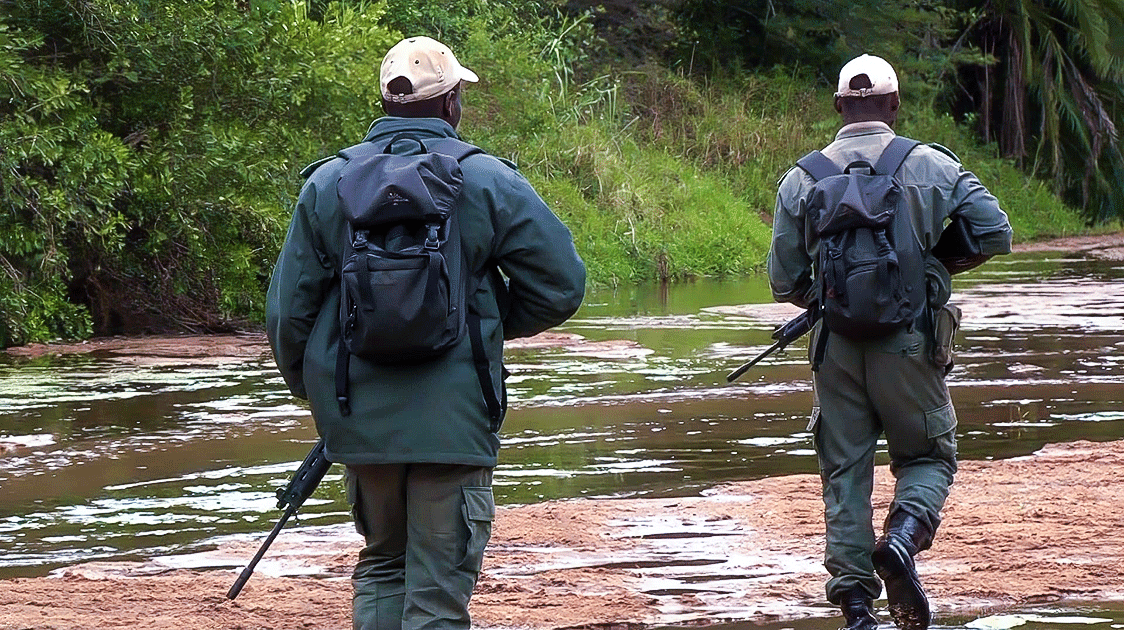
Disinvestment in Rhino in South Africa
(7-minute Video)
Pelham Jones, chairman of the Private Rhino Owners Association of South Africa, highlights the importance of the private sector in rhino conservation. In 2014, the private owners owned only about 25% of South Africa’s rhinos; today, they own around 50%.
But there is a problem; the economics of rhino conservation no longer makes any sense. Pelham Jones also discusses the mechanisms by which rural African communities in South Africa could benefit from rhino conservation.

